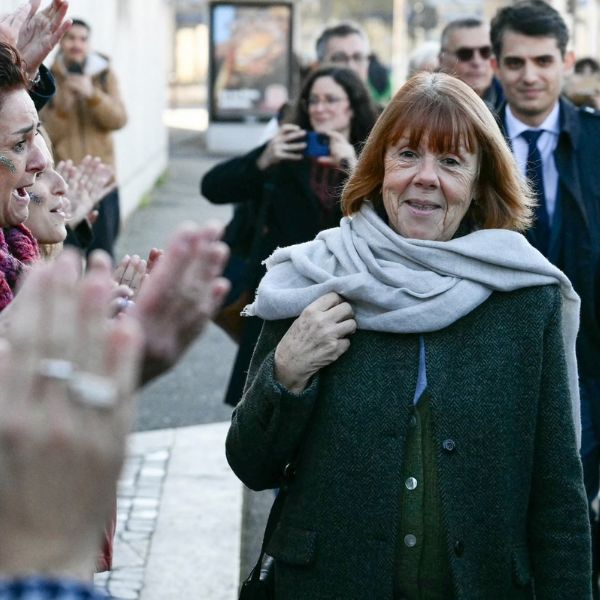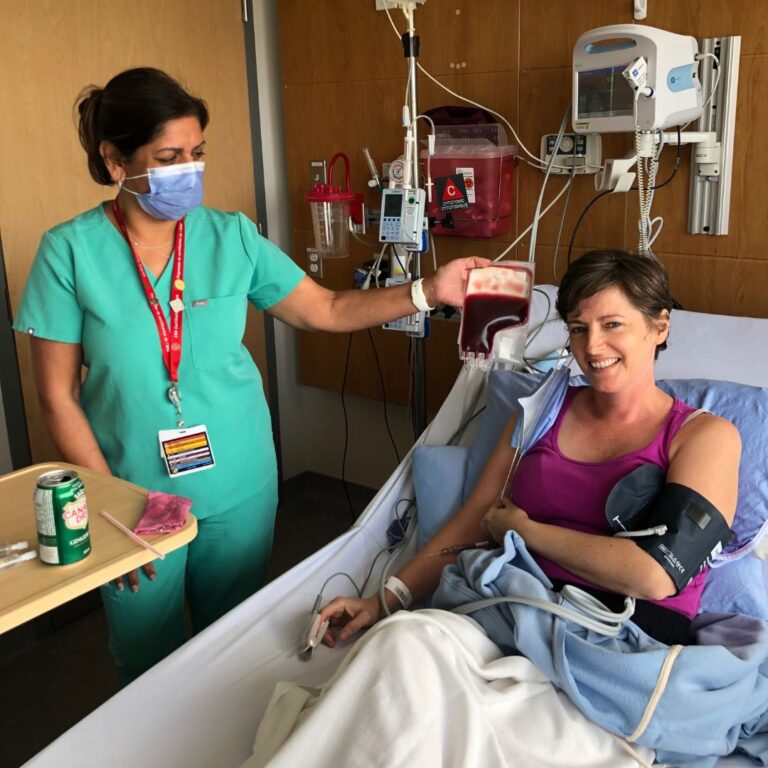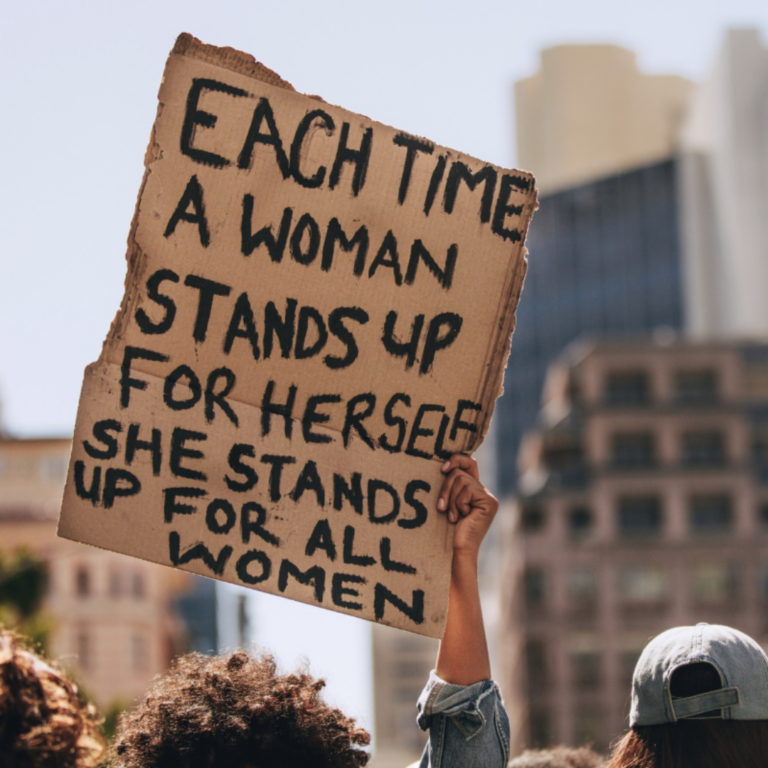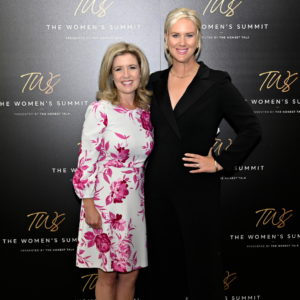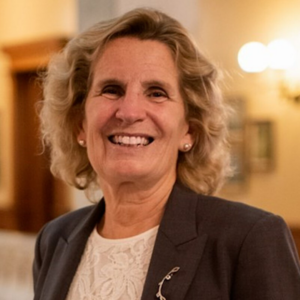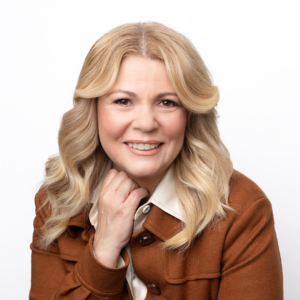Quotes from inspiring women immigrants at The Honest Talk: empowering change in Canada
Women Leaders17.10.2023
Immigration. It’s a word that carries so many different meanings.
Some immigrants came to Canada voluntarily, others out of desperation. Some hope to stay forever, others dream of someday being able to return to their place of origin. Most can likely tell stories of both amazing support and positivity, alongside challenges and discrimination.
Here at The Honest Talk we’ve been privileged to speak with several inspirational and influential women who have driven positive change in Canada, even though they were born elsewhere.
By embracing Canada as their home, while possessing the additional perspective gained from their experiences as immigrants, they contribute to inclusive, forward-thinking growth.
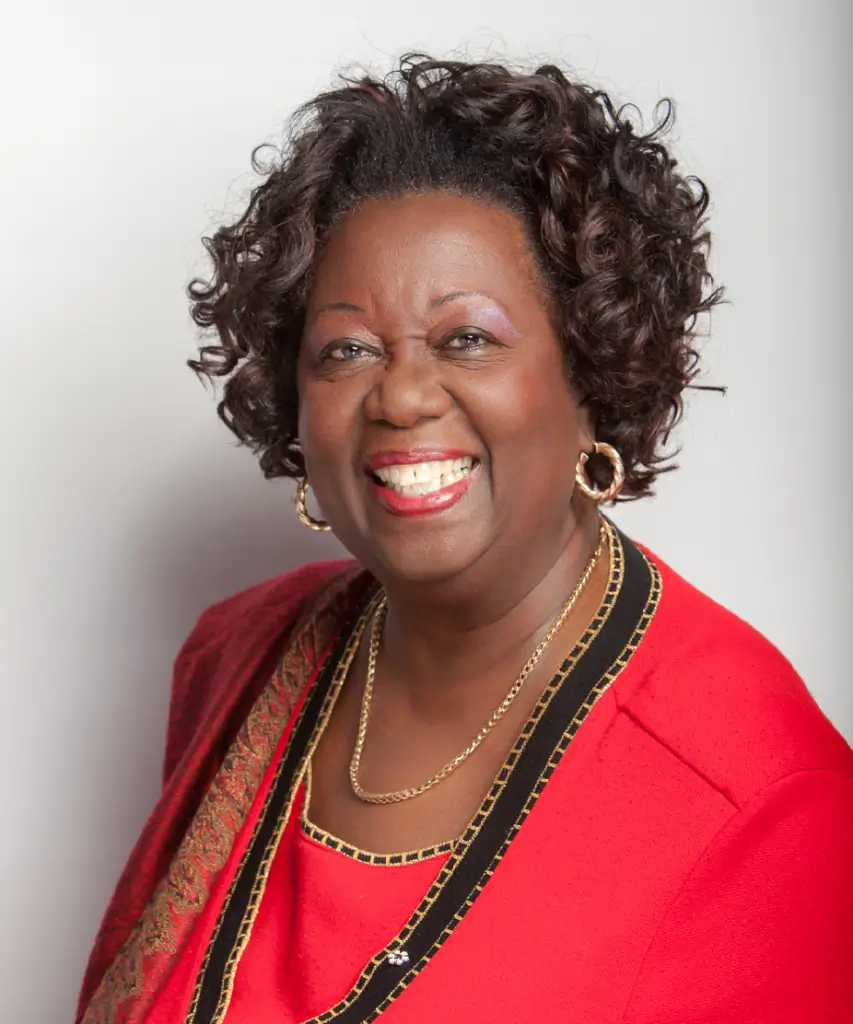
Jean Augustine came to Canada from Grenada as a teenage domestic worker and went on to become the first Black woman elected to the House of Commons and a cabinet minister. Dr. Augustine has worked tirelessly to improve her community — as a teacher, a mother, a board member, a social justice and equality activist, and now as the President of the Jean Augustine Centre for Young Women’s Empowerment.
We have to be models to girls … empower young women, give them the soft skills … give them the opportunity to be resilient, the ability to be courageous and to speak up and speak out about issues.
Jean Augustine
- “I took with me the advice I got and the support and the building of my self-esteem as a girl, because there was full belief by my grandmother that there was nothing girls couldn’t do.”
- “Education has to be the starting point and the basis for wherever you’re going to go.”
- “Girls need the opportunity and the affirmation to know that they can take any track.”
- “If someone was racist … it was their problem, not mine. I ignored those people who for whatever reason had problems they needed to grapple with.”
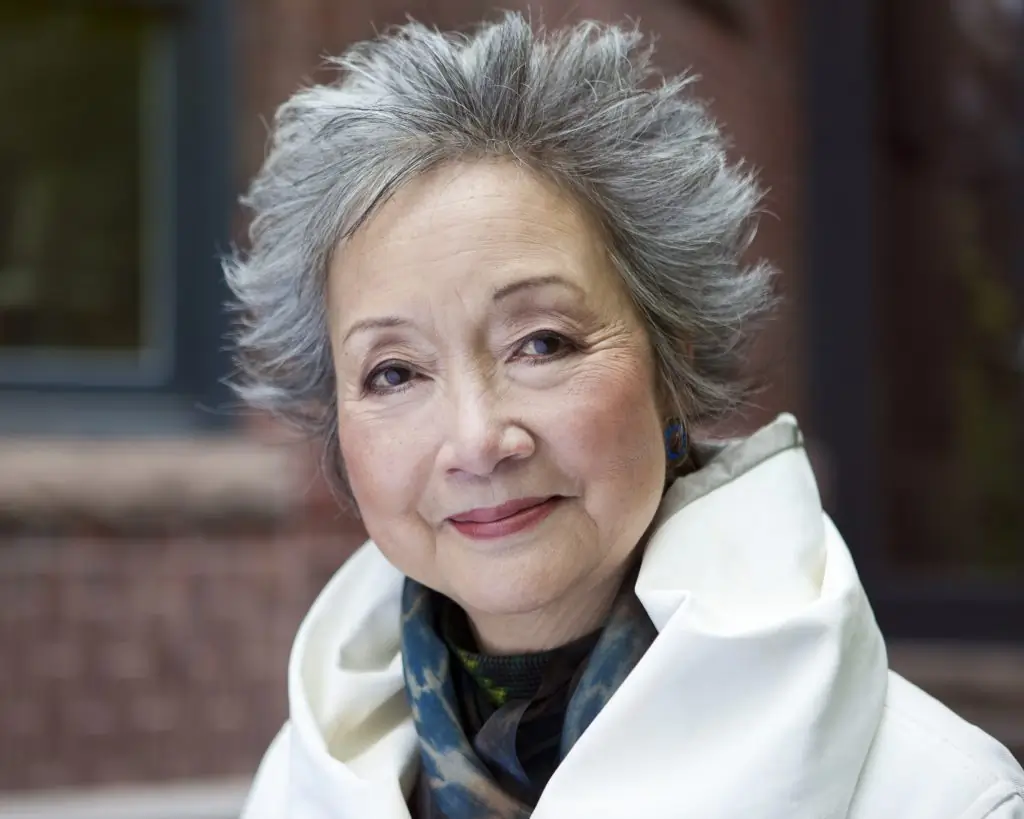
The Rt. Hon. Adrienne Clarkson arrived in Canada as a toddler, a refugee from Japanese-occupied Hong Kong. She grew up to become not just a noted journalist and bestselling author, but the 26th Governor General of Canada — the first Chinese Canadian and only the second woman to assume the role of Commander-in-Chief.
- “One of the things my parents gave to us was this relentless optimism and looking forward, never looking back. My father said, ‘This country has given us a chance, and that we must never look back.’ He always said, ‘You never look at what we lost. Just look at what we’re going to get.’ He really felt very strongly that Canadians were tremendously helpful, and that they cared about us. Ottawa was such a white city, even when I was growing up through my high school years. There wasn’t a Black family. So it was really very interesting how they had to be resilient.”
- “I was registered [in The Chinese Exclusion Act] at nine. And I became Governor General of Canada. That’s the kind of country that Canada is. And that’s what I tried to do very much when I was Governor General — to tell people that we were a country that had a hideous past, just as awful as any others, but that we had been capable of change.”
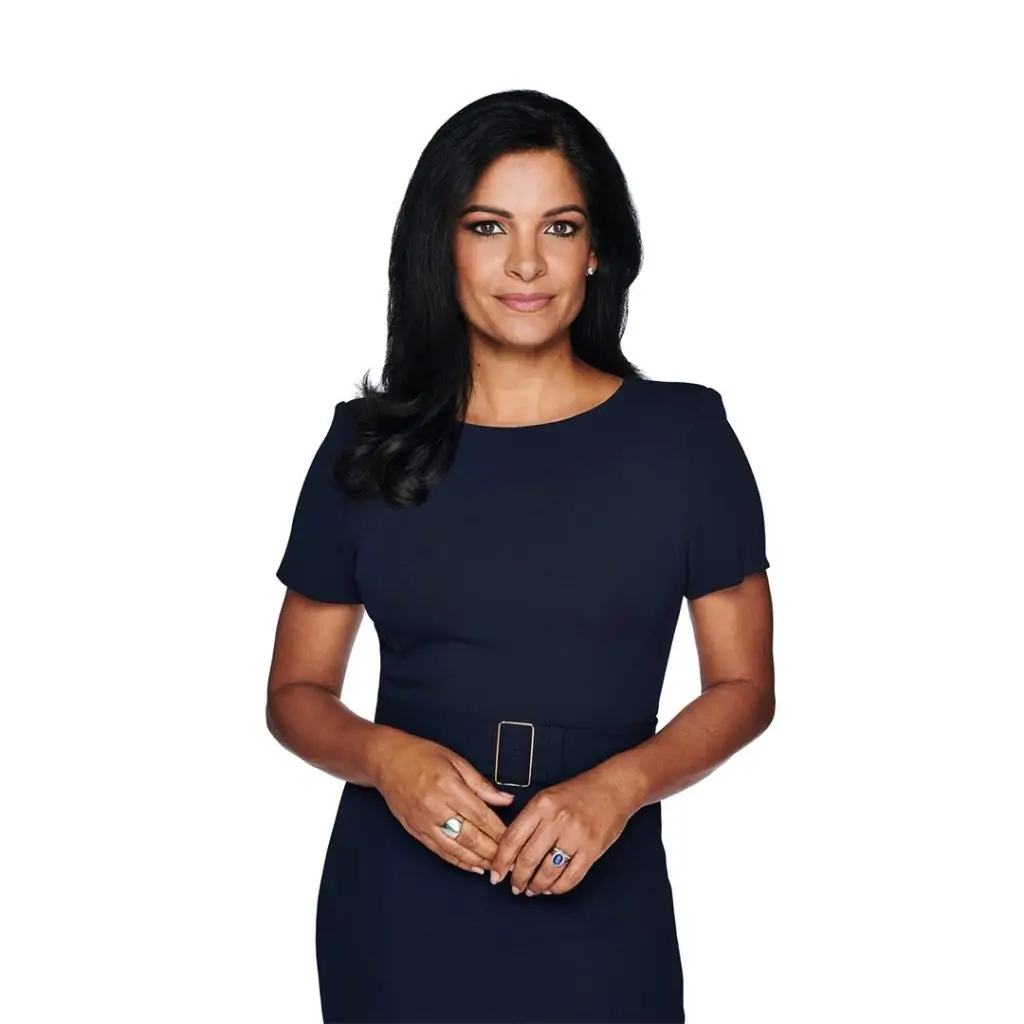
Anne-Marie Mediwake is an award-winning national journalist. People across Canada start their morning with Anne-Marie who has worked at every major television news organization in the country, reporting on some of the biggest news stories of our time. She is a reporter, a mom of triplets, and a daughter of immigrants.
Her parents immigrated to Canada from Sri Lanka when she was a baby, and Anne-Marie then spent her childhood in Saskatchewan and Alberta. Being mixed-race, she faced racism at school, but her parents worked hard to help her to overcome that, providing support and wisdom.
- “Diversity is important, but I’m what some people in broadcasting call ‘palatably diverse,’ meaning I don’t have an accent. So my hope is in this next phase of diversity and inclusion, that it’s not just visual diversity, but it’s actual inclusion, meaning culture is important and relevant to conversations and to coverage. More and more I see the need for it, because as networks hire people that visually look different, we want to make sure that we sound and connect differently as well, because diversity isn’t just about skin colour. And if we make it just about skin colour, then we’re missing the point.”
- “I’m raising two young women now. And you realize the things women do or that are trained, even in using their voice. Even before they give an answer, they have to quantify or qualify it, or they use a softer voice so that it doesn’t seem strong. I realize we do all of these things because we’re afraid of being shut down. So even though you’re given a space at the table, you’re worried that if you actually use your voice, who’s going to talk over you or going to shut the idea down, so you try to make yourself less threatening. The more women that we have supporting other women to just be strong and to just speak plainly, I think that it becomes more normal.”
- “It gave us a lot of courage, it taught us to be brave, like Mom and Dad told us that we can do anything. And that’s how we’re growing up in Brooks, Alberta. I was one of the only brown kids in high school, and Mom and Dad were like, you can do anything, you could be anything, and you can go anywhere. And they were living examples of that.”
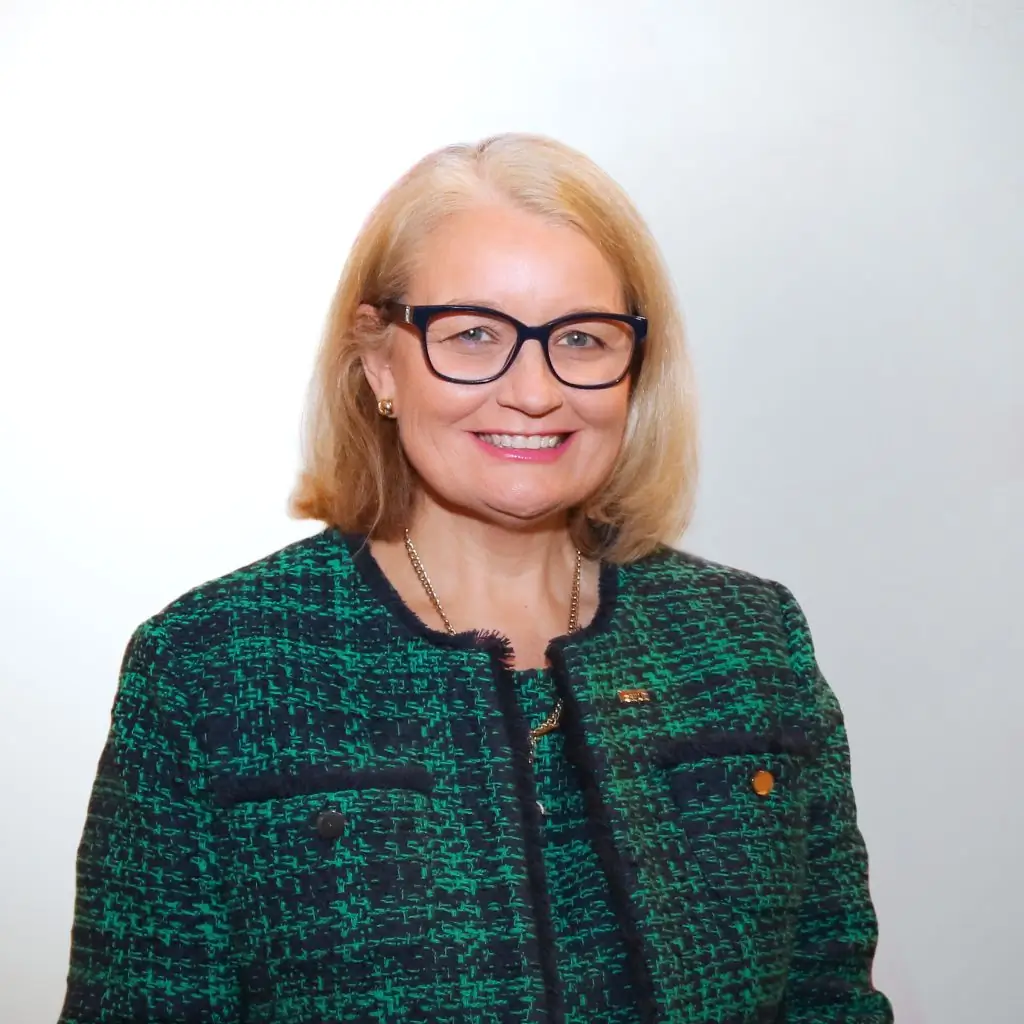
Mairead Lavery came to Canada as a young professional, and is now making history as the President and CEO of Export Development Canada (EDC) — the first woman ever to hold that position.
- “If I see discrimination, if I can be a role model in doing things a bit differently to prevent that, or to show people that it’s okay, then it is okay.”
- “One of my values that I hold quite strongly is transparency. I can’t expect to see that or experience that if I don’t do it myself.”




